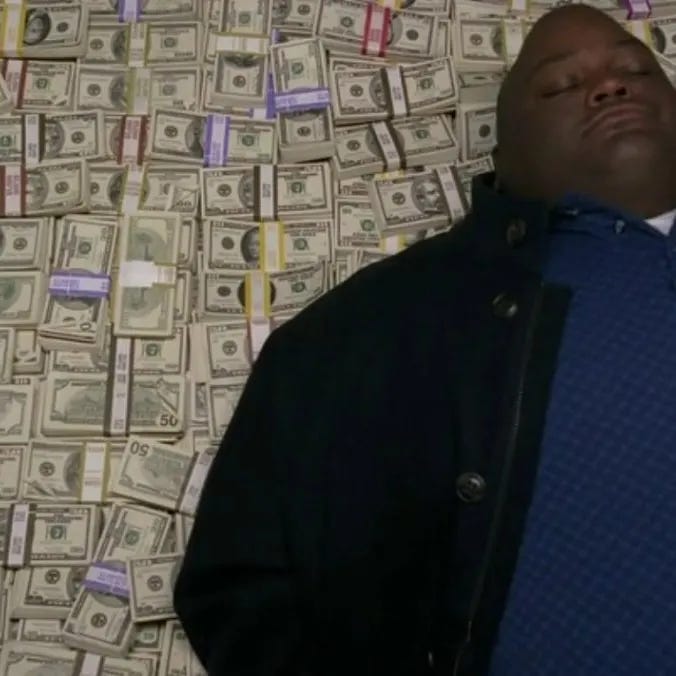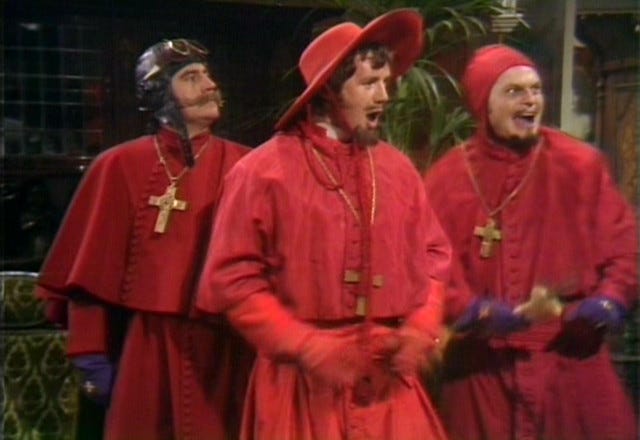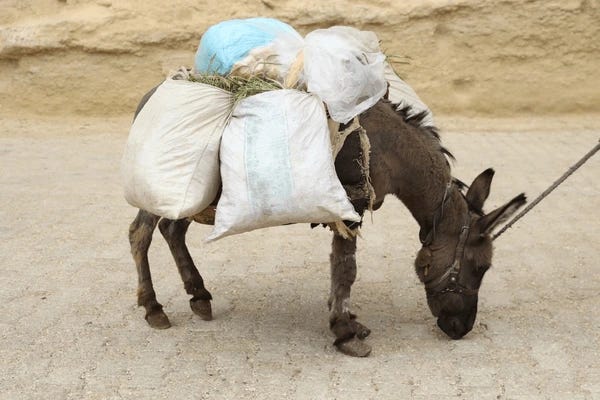10 tips for running a great policy event
By Brandy Miller and Tom Moylan
I’m delighted to co-author this month’s newsletter with Brandy Miller, an award winning events and summits organiser, producer and strategist. Brandy and I have been working together on a new events offer for Moylan Communication (click here to read the PDF), so if you like what you read - feel free to get in touch!
Let’s face it, Brussels has a lot of events - and most of them blur together. Some make you wonder how they got approved in the first place. Only a rare few stick in your mind for the right reasons.
We’ve run events for ministers and CEOs, activists and academics, associations and civil servants. We’ve seen what works, what doesn't - and occasionally things that never should have happened in the first place.
Here are ten things that consistently make the difference when it comes to running events.
1. Start with strategic intent
Too many events start with a format or a detail. “Let’s do a roundtable.” “Let’s do a lunch debate.” “Let’s get some MEPs.” The best ones start with a question: what are we trying to achieve?
Do you want to shift opinion, spark partnerships, showcase progress, buy time, build a coalition, land a narrative, test a message, close a deal? Those are all different goals, so they need different formats, timings, guests and styles of communication.
Until you’re clear on the strategic purpose, everything else is just decoration.
2. Curate, don’t just fill

An event isn’t about box-ticking - it’s about shaping an experience.
That means choosing people not just for their titles but for what they’ll contribute. Designing sessions that add up to a coherent story. Cutting things that are only through inertia or just because someone asked nicely. Curating is harder than coordinating - but it’s also what makes the difference between a good event and a meaningful one.
3. Predict the unpredictable
Someone’s flight gets cancelled. A minister cancels by text at 07:58. The projector explodes. The livestream doesn’t stream.
You can’t plan your way out of reality, but you can be ready. That means backup speakers, backup formats, backup content. It means knowing what matters most and what can be adapted or dropped. Calm beats panic and practice beats improv.
Most of all, the team behind the scenes needs to trust each other and have clear roles. When things go wrong, you don’t want bottlenecks or a meltdown in the group chat. You want quiet confidence and efficient execution.
4. Design out the awkward
Confusing signs. A moderator who forgets to introduce the panellists. A minister who doesn’t know where to sit.
Good event design eliminates awkwardness. It anticipates questions and answers them before anyone needs to ask. It makes people feel guided, respected, included. It doesn’t rely on vibes or hope. It’s specific, intentional and quietly attentive to how humans move through space and time.
5. Invest in quality execution
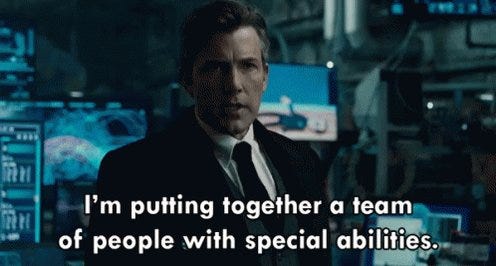
Great events are a product of clear leadership and experience. Someone needs to hold the overall vision, manage logistics, run content and communication - and take responsibility for bringing it all together.
A good event team is a coordinated unit with trust, clarity and shared standards. If you’ve ever been to an event that felt “seamless”, that’s why. It wasn’t magic - it was a quality team with quality leadership.
6. Design for participation
Participation isn’t a Q&A at the end. It’s a mindset.
How are the participants shaping the conversation? Are you including ways for them to react in real time? How are you absorbing and integrating this into the flow?
Participation can take many forms: sticky notes, Slido, shifting chairs, splitting into groups or speed dating. Whatever it looks like, it should be planned, streamlined and meaningful.
And remember, people aren’t stupid - they can tell the difference between performative contributions and meaningful participation.
7. Think beyond the room
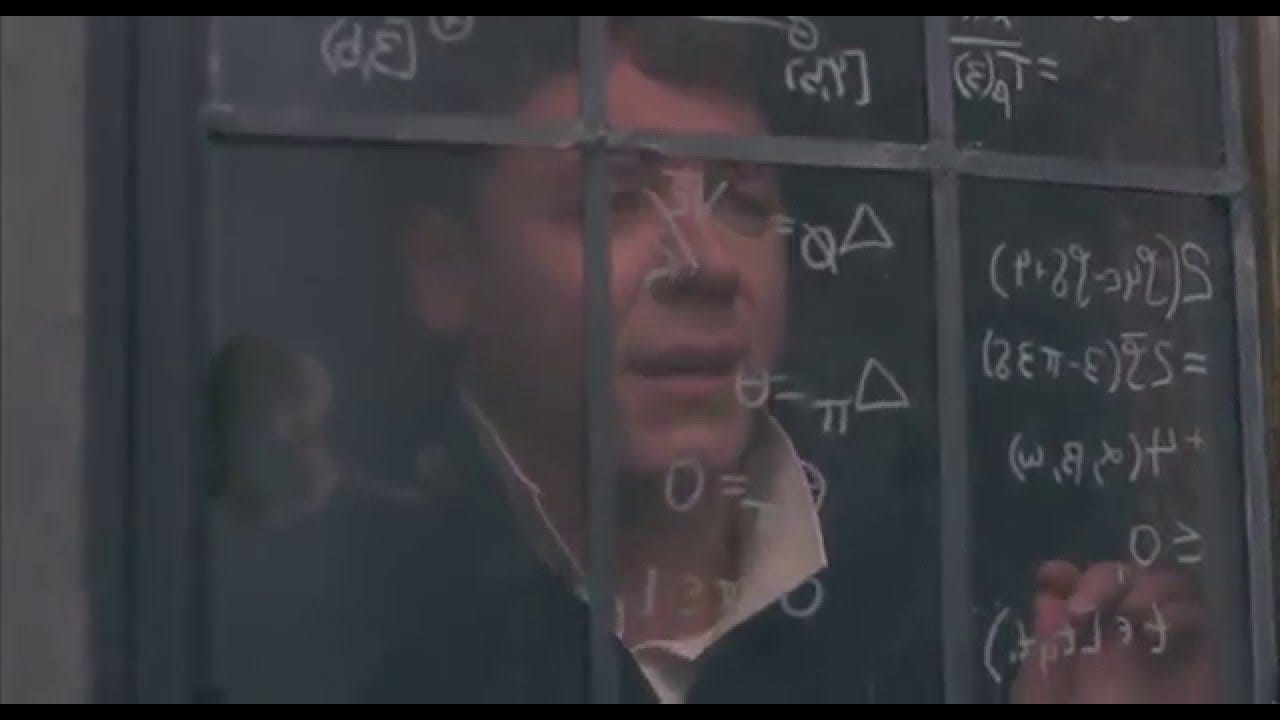
Build communications into your event design from the start.
The room matters - but so does the feed, the recap, the snippets and the conversations that take place in the coming days, weeks and months. A good event team works with communication professionals from the start.
That way we are capturing content, repurposing messages and capitalising on every share, memory and quote. The room is the epicentre - it should cause ripples and occasionally maybe even a shockwave!
8. Align every detail with your brand and values
From coffee to name badges, make sure every touchpoint reflects your ethos. If you say you care about inclusion and don’t have a ramp, people notice. If you claim to care about sustainability but serve plastic bottles, they notice that too.
Every detail is a signal - the tone of the welcome email, the timing of the agenda, the way speakers are introduced, the materials people take home. When values show up in practice - not just in opening remarks - people remember.
9. Design with legacy in mind
A great event isn’t just a good time. It’s a launchpad. What do you want people to think or do after they leave? What content will still be useful in three months? What quote will find its way into a deck or a policy paper?
Legacy can look like a summary video, a follow-up report, a new community of practice or just a brilliant phrase that makes it into Brussels vocabulary. If you plan for legacy, you’re more likely to build it. If you don’t, all you’ll have are the leftover name tags.
10. Develop your playbook
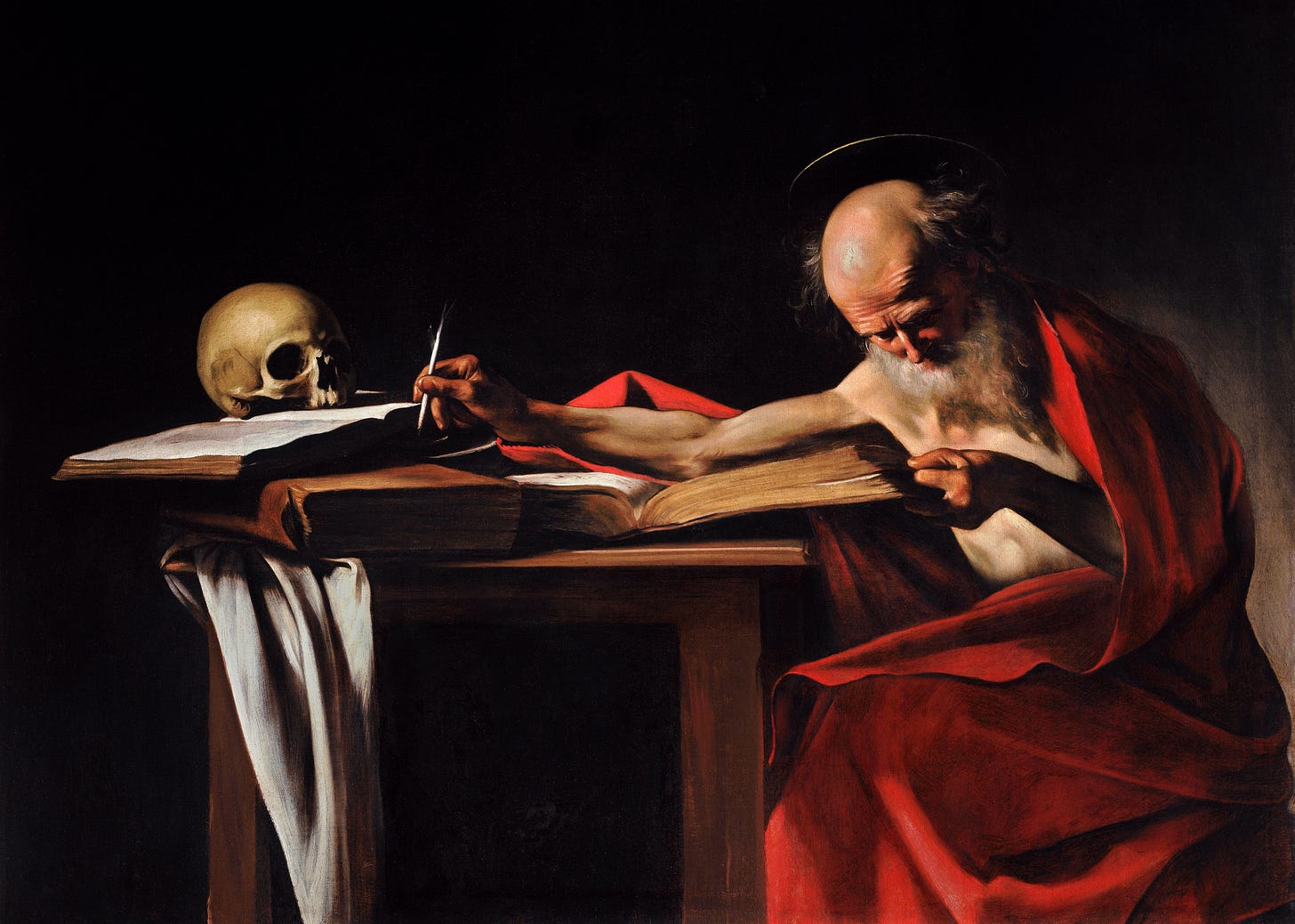
Every event teaches you something. The good ones leave a trail you can follow next time. Document your process, refine your templates and build a checklist that includes the things you forgot last time.
We have folders of formats, speaker tips, intro lines, visuals and feedback forms. This is because while great events feel effortless, behind them is a playbook. That playbook is shaped by experience, stress-tested by surprises and continuously improved by teams who know what they’re doing and want to do it better every time.
Final thought
You don’t need to spend more to run a better event. You need to spend smarter - focus on strategy, design with care and execute with confidence. Then capture all the lessons to make it all easier next time.
If you want help running an event that doesn’t feel like just another Brussels panel, drop us a line. We like to build things that work - and leave a mark.


